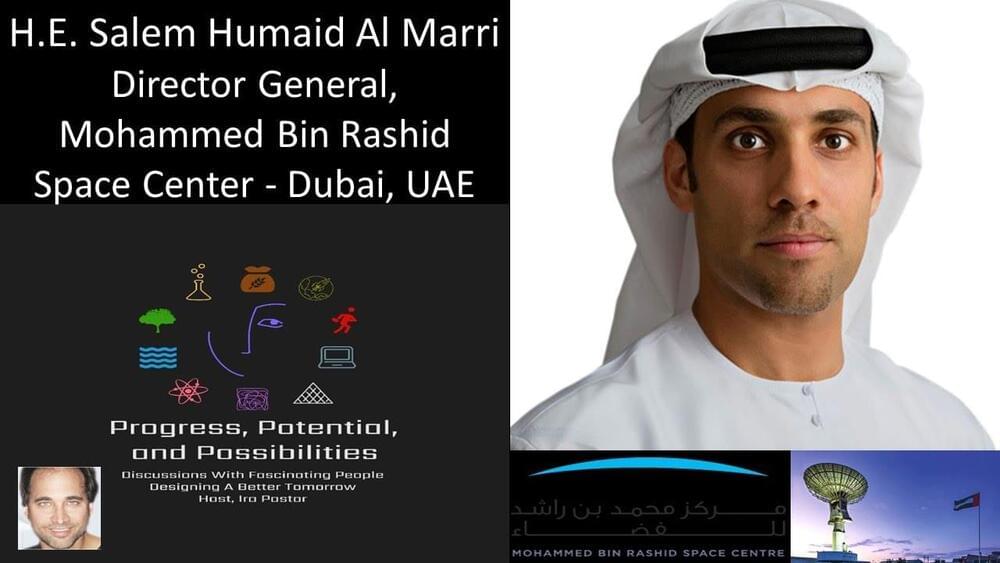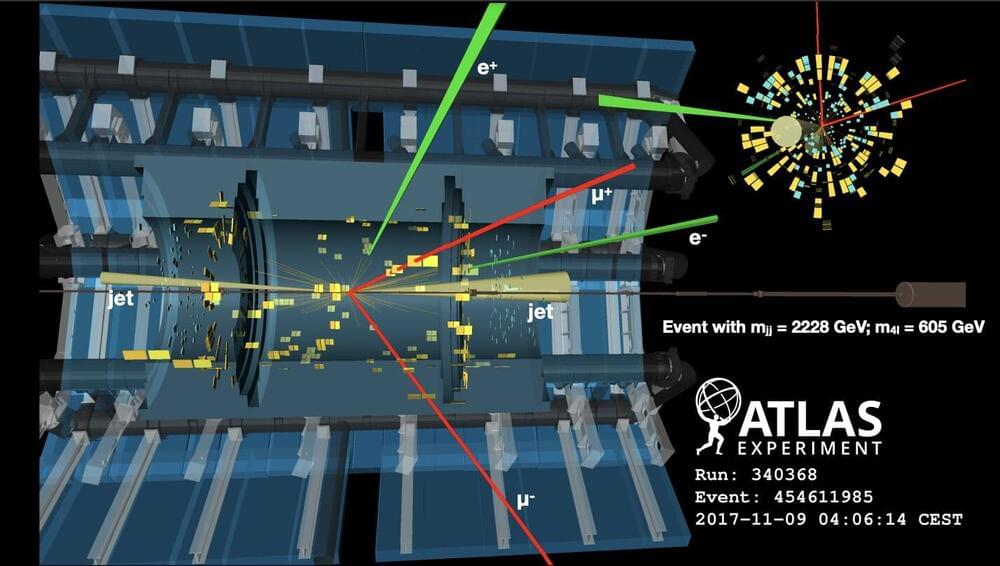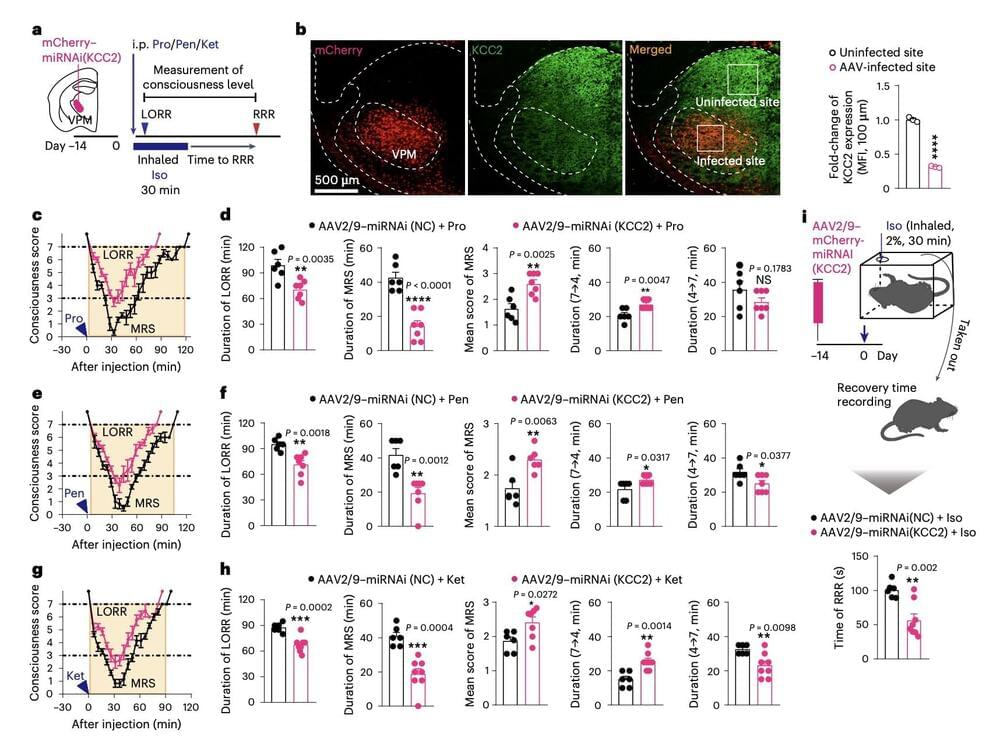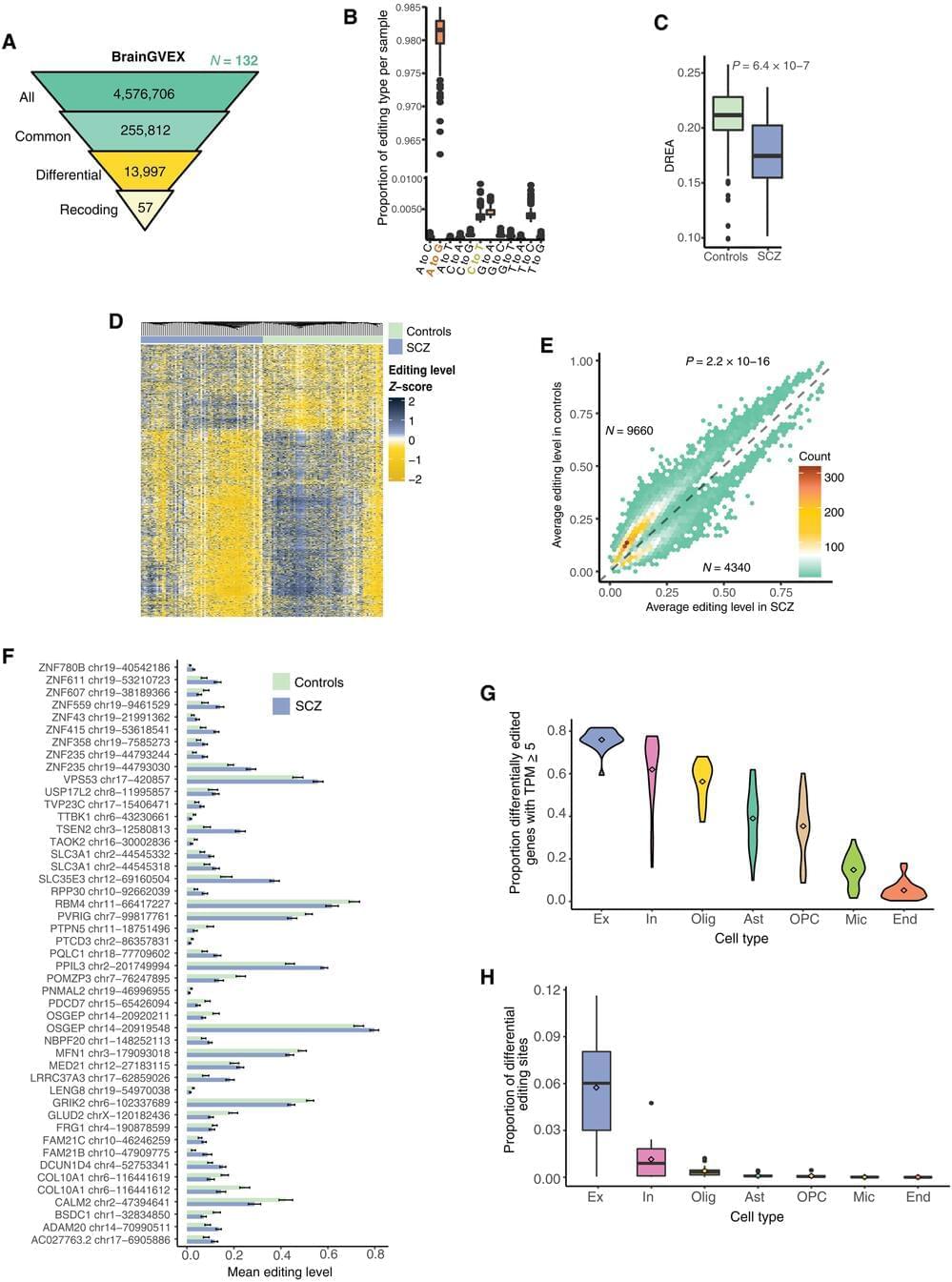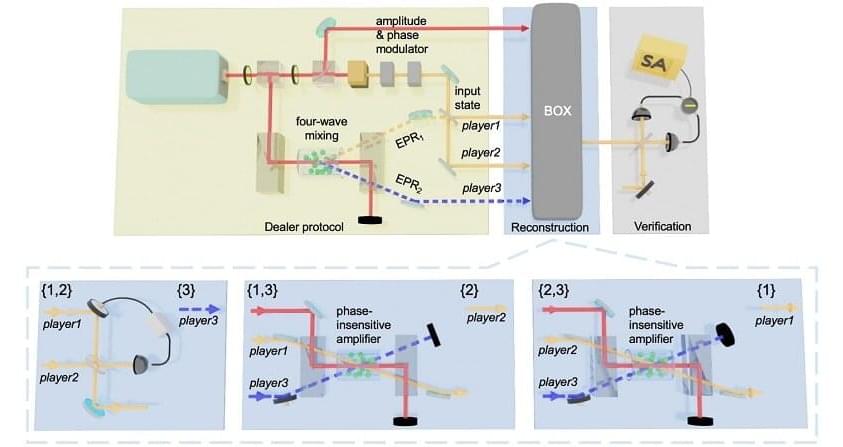Apr 14, 2023
NASA’s snake-like robot concept could search for life on Saturn’s moon
Posted by Gemechu Taye in categories: alien life, robotics/AI
This one-of-a-kind robot is an exobiology extant life surveyor (EELS) developed by NASA’s Jet Propulsion Laboratory.
It is time to move over the traditional wheeled or legged robots. NASA has developed a robotic concept that sounds straight out of a science-fiction and has the potential to take space exploration to the next level.
The US space agency has been working on sending a snake-like robot to explore and search for extraterrestrial life forms in the solar system. This robot is an exobiology extant life surveyor (EELS) developed by NASA’s Jet Propulsion Laboratory.
Continue reading “NASA’s snake-like robot concept could search for life on Saturn’s moon” »


